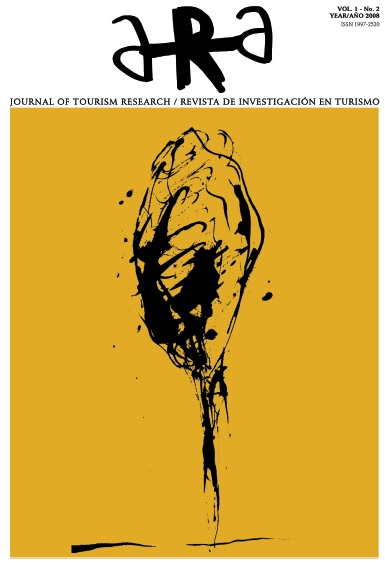St. Kitts at a Crossroad
DOI:
https://doi.org/10.1344/ara.v1i2.18662Keywords:
Caribbean Tourism Policy, competitiveness, St. Kitts, sustainabilityAbstract
Like many island economies, St. Kitts is at a crossroads. The acceleration of globalization and the decision of the European Union in 2005 to remove preferential treatment for its main industry, sugar cane, have left the island with limited options. Tourism has now become the key avenue for economic growth. Destinations go through various cycles, both popular and unstable, which are affected by market and tourism trends as well environmental and social factors. For many tourism destinations, especially islands, there is intense competition and weak differentiating factors and the product has become commoditized. As tourism has been put forth as the key driver for economic growth and sustainability within the island, long term strategies need to be put in place to adapt to changing trends and markets. There is a need for strong governance and resource management using an integrated and holistic framework. The destination life cycle model provides a useful framework for a discussion of the factors which inhibit sustainable tourism development in islands and various measures that are needed to ensure a stable economy. St. Kitts will be used as a specific case to illustrate these factors in an island context.
Downloads
Published
How to Cite
Issue
Section
License
The authors who publish in ARA agree to the following terms:
- Authors retain copyright and grant the journal the right of first publication.
- Texts will be published under a Creative Commons Attribution License that allows others to share the work, provided they include an acknowledgement of the work’s authorship, its initial publication in this journal and the terms of the license.
- This material may not be used for commercial purposes.
- You may not distribute the modified material.
Attribution-NonCommercial-NoDerivatives 4.0 International (CC BY-NC-ND 4.0)














